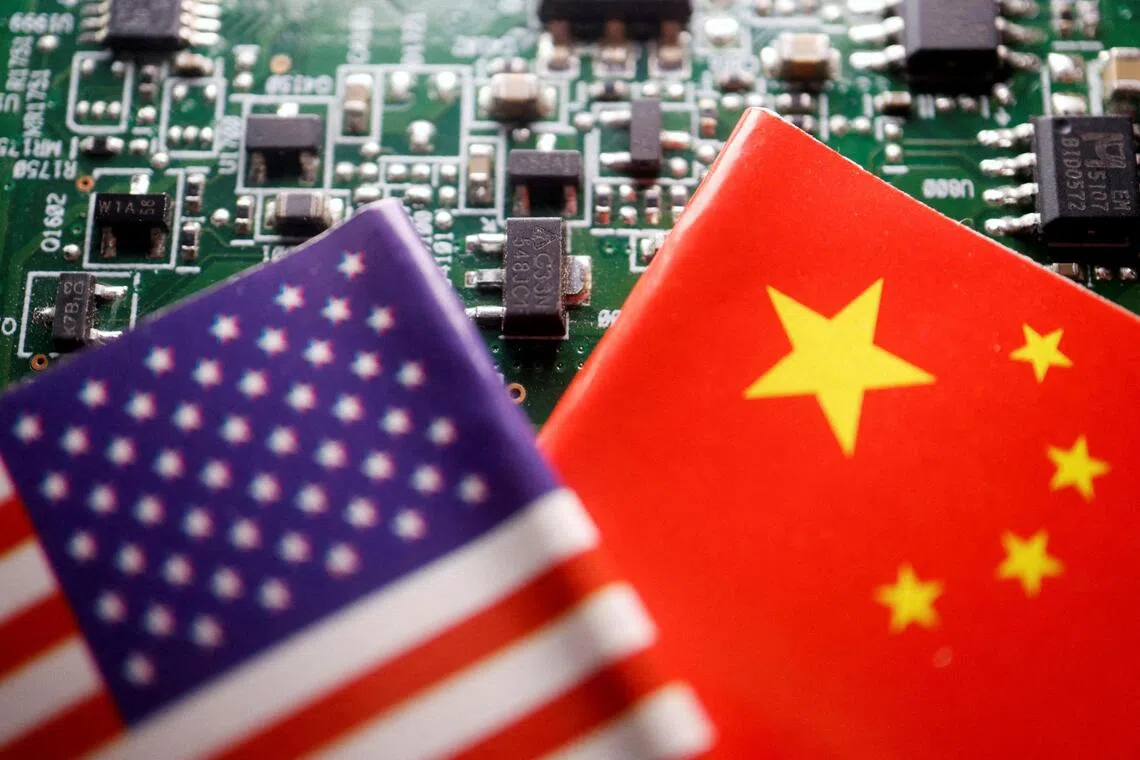U.S. Sanctions Help Create China’s New $23 Billion AI Tycoon

Sanctions fuel domestic AI boom
A 31-year-old Chinese tech founder has become one of the country’s fastest-rising billionaires after U.S. sanctions forced local firms to seek home-grown alternatives to American chips and cloud services. According to reporting from Tokyo, the entrepreneur’s artificial intelligence infrastructure company has seen its valuation soar as Beijing and major Chinese tech groups rush to secure domestic computing power. Shares in the firm have jumped sharply since its recent listing, lifting the founder’s net worth to around $23 billion on paper.
The company specializes in data centers and customized AI accelerators that can work around export controls targeting the most advanced U.S. semiconductors. Chinese internet platforms, financial institutions and state-linked enterprises have been signing long-term contracts to secure access to its computing clusters. Analysts say the sanctions, intended to slow China’s AI progress, are instead accelerating investment in local suppliers and redirecting capital from foreign vendors into domestic champions.
![]()
Risk, scrutiny and political symbolism
The meteoric rise has also drawn scrutiny. Regulators and investors are asking whether revenue growth can keep pace with market expectations, especially as dozens of rivals attempt to build similar AI infrastructure. Some warn that valuations across China’s AI sector now carry bubble-like characteristics, with companies racing to expand capacity before demand is fully proven. There are questions, too, about how far domestic chips can match the performance of banned U.S. hardware in cutting-edge applications.
Politically, the young tycoon has become a symbol of China’s push for “technology self-reliance.” State media has highlighted his success as evidence that Chinese engineers can build strategic systems without U.S. components. At the same time, officials remain cautious about the concentration of power in privately controlled platforms that handle sensitive data and critical services.
For global markets, the story underlines how sanctions are redrawing supply chains. U.S. chipmakers risk losing long-term business, while Asian neighbors such as Japan, South Korea and Taiwan must navigate tighter export regimes. Investors in the region are watching closely to see whether China’s domestic AI build-out can sustain current spending levels or whether a correction will follow.












